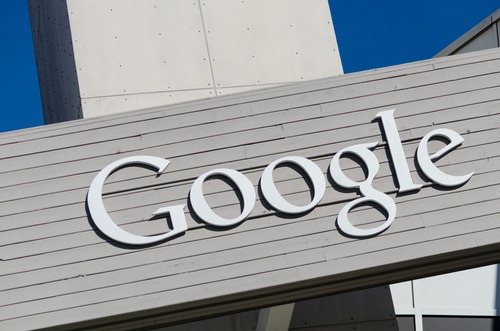Key takeaways:
- Residents in Indianapolis blocked a proposed AI data center by Google.
- They voiced concerns about noise, pollution, and water usage.
- Strong local organization stopped the plan before any city vote.
- Google withdrew its plan and will expand in other areas.
- The case shows how communities can shape Big Tech projects.
Locals Halt Google’s AI Data Center Plan
In Indianapolis, people joined forces to stop a billion-dollar AI data center plan. They worried about loud machines, dirty air, and wasted water. Because they spoke up, Google withdrew the plan before a city vote. This victory shows that local voices can matter.
Why the AI Data Center Faced Strong Opposition
Many residents felt the new AI data center would harm their daily life. However, they did not just complain. They prepared facts and met in community halls to share their views. As a result, city officials saw real local concern.
Community Concerns
First, locals pointed out that the data center would run powerful cooling units that make constant noise. Next, they feared air and ground pollution from backup generators. Moreover, they raised alarms about how much water the site would need. As homes faced water limits, they saw a risk of shortages.
In addition, families near the proposed site worried property values would fall. They also imagined heavy trucks driving in and out all day. Finally, they noted past promises of local benefits that never arrived.
Organized Resistance
Residents formed a group to collect signatures and share information. They held door-to-door visits and set up tables at neighborhood fairs. Furthermore, they used social media to spread the word. Soon, hundreds of people joined local meetings.
Local activists invited experts to talk about environmental risks. A retired engineer explained how data centers use vast water amounts. A sound specialist measured noise levels near existing sites. They brought real data to every gathering.
Petitions circulated online and on paper. Over two thousand locals signed in support of the ban. Moreover, letters with clear arguments went to the mayor and council members.
Google’s Response and Next Steps
When faced with growing opposition, Google paused public talks. Then, it reviewed feedback and local data. In the end, the company decided to withdraw the AI data center plan. Instead, Google will expand its operations in states with fewer local hurdles.
The tech giant issued a brief statement. It thanked the city for its time and said it will seek other locations. Residents celebrated but stayed watchful. They plan to track any new proposals in the region.
Lessons for Future Big Tech Projects
This case offers clear lessons for all large tech firms. First, early community engagement is crucial. Companies must meet with locals at the start of any plan. Second, clear data on noise, water, and pollution must be shared. Third, firms should offer real community benefits, like parks or job training.
However, companies often see public talks as mere formalities. As a result, residents feel ignored and fight back. Going forward, honest two-way talks can avoid wasted time and money for everyone.
Building trust means a local office on the ground, not just a PR team. It also means letting residents shape parts of the project. When people feel heard, they are more open to change.
Next Moves for Indianapolis
Local leaders plan a permanent watch group for big tech projects. They want clear rules on environmental checks and noise limits. City officials now know that silent approval is rare. They see that open debate leads to stronger, lasting agreements.
Moreover, the city will create an online portal for early project details. This will allow anyone to comment before final plans appear. As a result, future proposals should face less last-minute resistance.
Impact Beyond the City
News of this win spread to other towns facing similar data centers. In several states, local groups began asking tougher questions. They cited the Indianapolis case as proof that organized communities can win.
Nearby cities now demand stricter studies on water use and noise impacts. They also push for community benefit packages ahead of planning. Thus, this single win could reshape how Big Tech grows in the US.
A Stronger Voice for the People
In the end, this story shows that everyday people hold real power. When a group unites around a common concern, it can stand up to even the biggest firms. As technology spreads, local voices must guide its path.
By speaking up early and clearly, communities can secure better deals. They can ask for green energy, water recycling, or local hiring quotas. Most importantly, they can ensure projects respect their way of life.
This victory in Indianapolis reminds us that progress does not have to come at the community’s expense. Instead, smart planning and open talk can bring benefits to both sides.
FAQs
How did residents learn about the AI data center plan?
Citizen groups used city records, social media, and neighborhood networks to spread the word quickly.
What were the main concerns against the project?
Noise, pollution, water usage, and potential property value drops were the top worries.
Could other cities achieve the same outcome?
Yes, any community can use solid data and organized meetings to influence large projects.
Will Google return with a new plan for Indianapolis?
Google said it will look elsewhere, but residents vow to stay alert for any future proposals.
